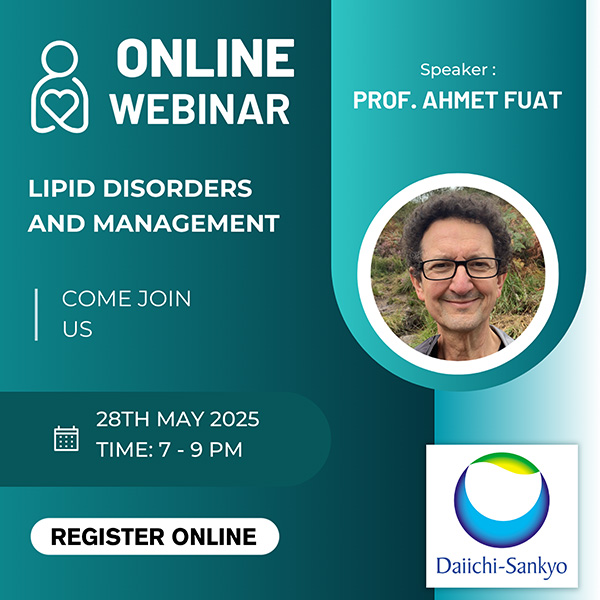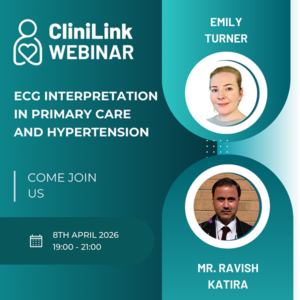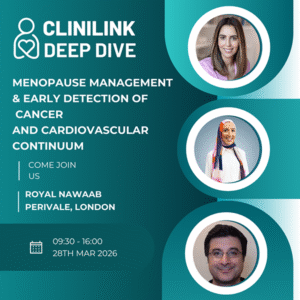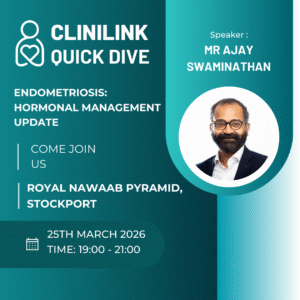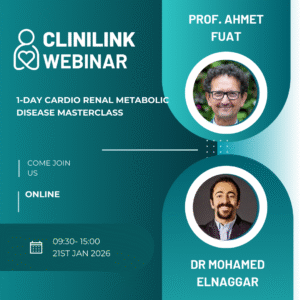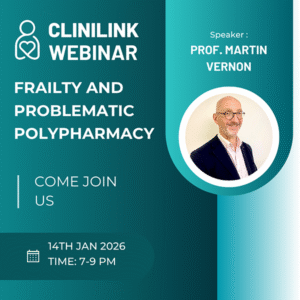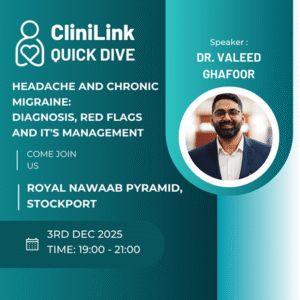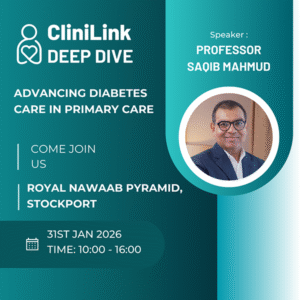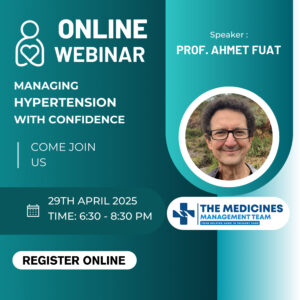Lipid Disorders and Management – Professor Ahmet Fuat
This meeting has been sponsored through funding by Daiichi Sankyo UK. Daiichi Sankyo was not involved in the organisation of the meeting except for the CardioConnect session for which it is fully responsible. The educational session has been developed independently by Professor Fuat. This event is intended for UK healthcare professionals only
Please log in to book this webinar
What to expect from this session:
-
Benefits of lowering LDL-C in cardiovascular disease
-
Strategies for primary and secondary prevention of CVD
-
Overview of current NICE guidelines on lipid management
-
Implementing local pathways for secondary prevention
-
Meeting cholesterol targets for CVD prevention, QOF, and audits
-
Use of cardiovascular risk assessment tools in primary care
-
Practical tips for improving lipid management in everyday practice
-
Addressing patient adherence and lifestyle modification
-
Role of newer lipid-lowering therapies
-
Q &A
Webinar Event Timing 19:00–19:05 Welcome & Introduction 19:05–19:15 Daiichi Sankyo UK Ltd- CardioConnect 19:15–21:00 Professor Ahmet Fuat 21:00 Webinar ends Please note that this webinar session with Professor Fuat will be recorded.
A CPD certificate will be issued to all attendees.
The Teams link to join the event within the e-ticket will be sent to the email address you used to register.
Please check your spam or junk folder in case it doesn’t appear in your inbox

